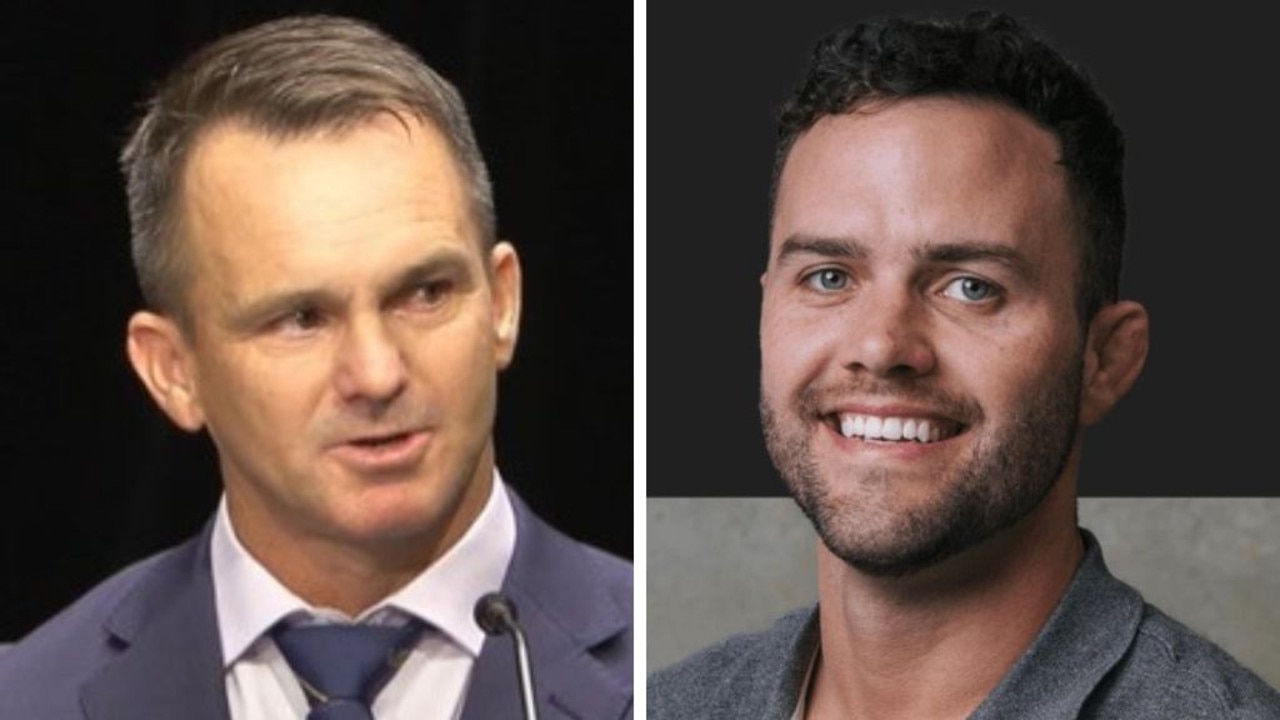‘My last day on earth’: NSW Firefighter Adam Blum reveals life saving mental health battle
This upbeat, ocker country firefighter just a decade ago was driven to the dark depths of despair from which he almost didn’t return. Read his brave message.
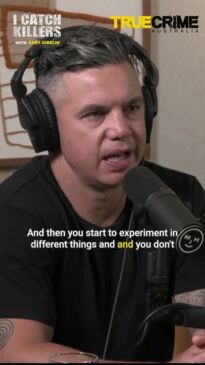
Adam Blum parked his white Toyota HiLux on a Katoomba cliffside car park in the Blue Mountains.
He remembers leaving his wallet and keys on the bonnet as he walked towards the steep ridge; he was sure he wouldn’t be returning for them.
It was September 14, 2014, and Adam, then a 22-year-old construction worker, had struggled all his life to be happy.
Years of bullying and health issues had left him with devastatingly low self-worth - and a dressing down by his boss at a worksite finally pushed him to the point of suicide.
“At that moment, I said, “Oh, that’s it. This is my last day on earth.”
It was the final straw after a life he described as “torture”.
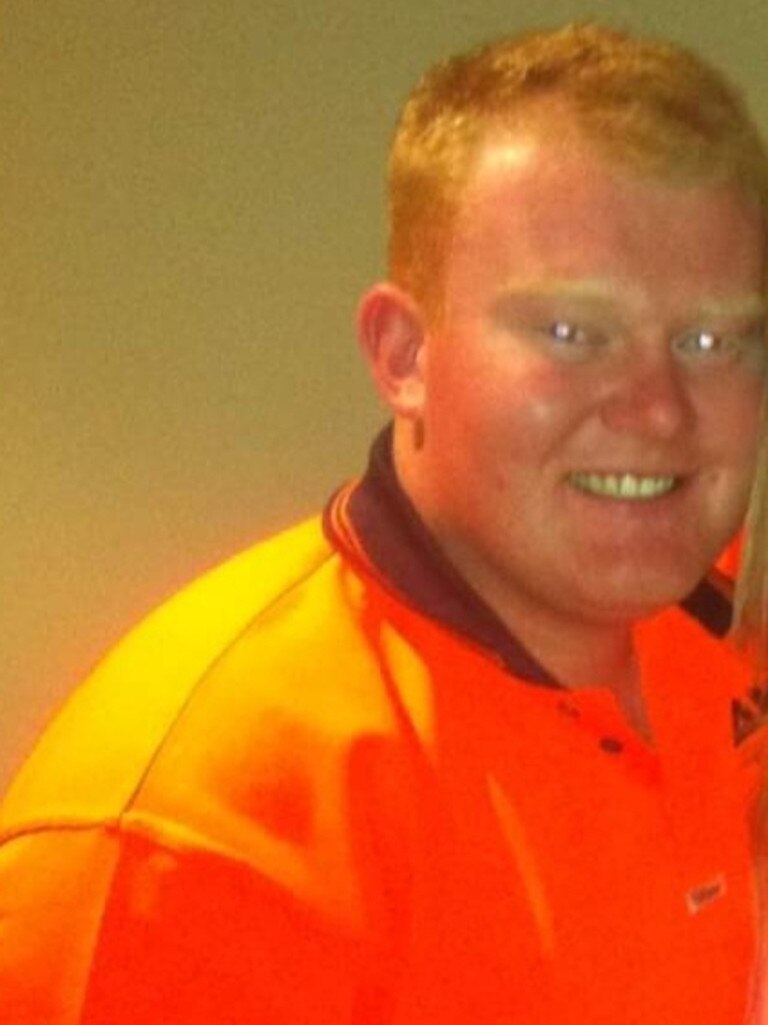
Adam’s early life in the regional News South Wales area on Sydney’s outer fringes was plagued by immense bullying due to an ADHD diagnosis, weight issues, learning difficulties and having a testicle removed as a child.
In his upcoming memoir, he writes: “I was an easy target. You didn’t have to be a trained sniper to take the shot.”
“My teachers and classmates ostracised me, made fun of me if I got something wrong, laughed at me, teased me, and my self-worth just started to be eroded from a young age,” he told news.com.au upon the release of his book Easy Target.
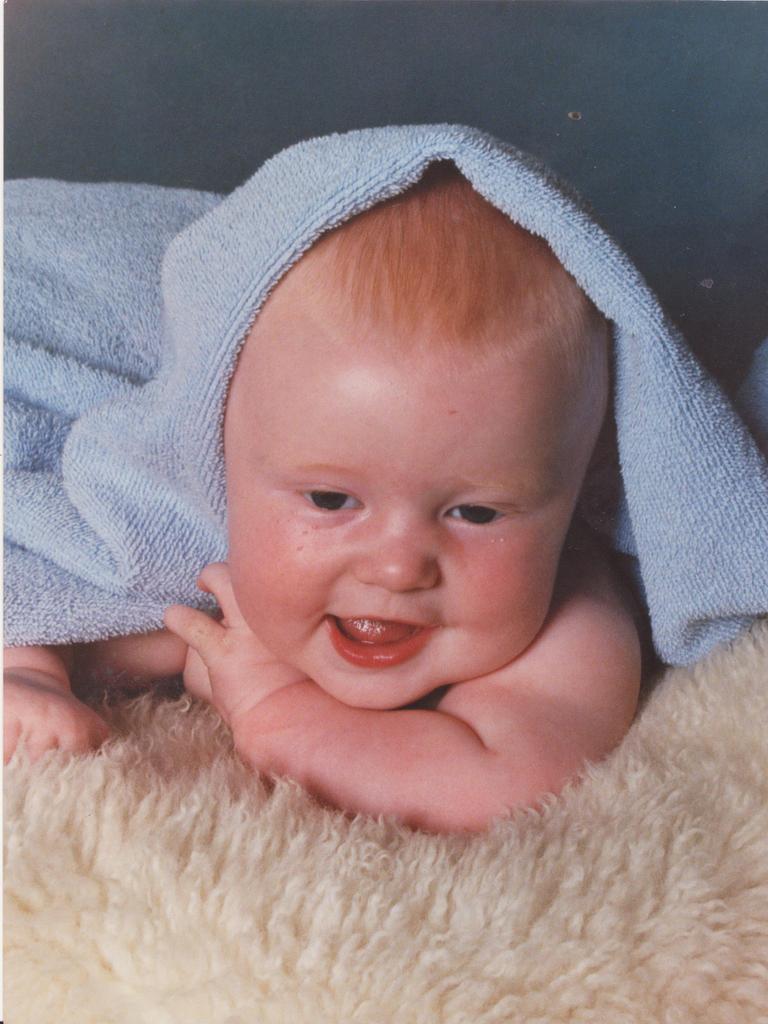
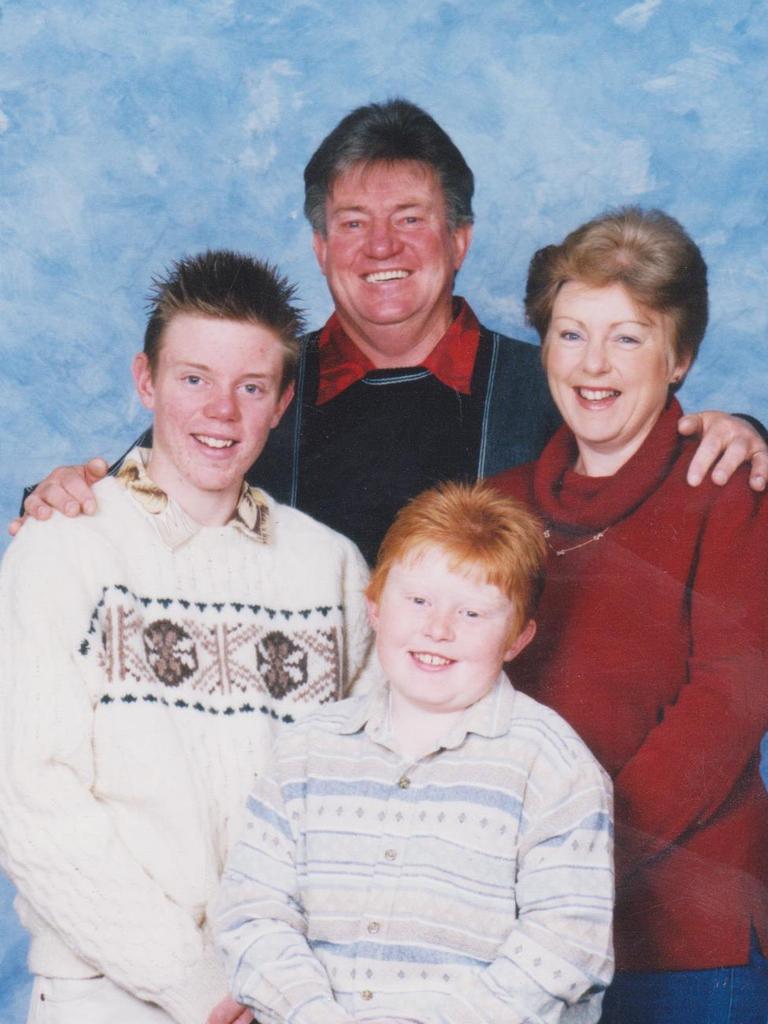
Standing at the cloudy cliffside that pivotal day after work, a profound “moment of clarity” saved his life.
“I was about to throw myself off, and the clouds parted, the sun shone through, and my late Nanna spoke to me and said, ‘Adam, stop, stop, pick up the phone, make a phone call’,” he said.
“I realised what I was about to do, so I picked up my phone and rang a mate of mine.
“He spoke to me for four hours, talked me down, and then started the long process of realising that I had a problem and needed to do something about it.”
Adam, now 32, remains in the Blue Mountains as a member of the Rural Fire Service and has since dedicated his life to helping others find their way back from the brink of despair.
Over the phone, his ocker, upbeat essence is a far cry from the young tradesman he described while discussing his suicide attempt in 2014.
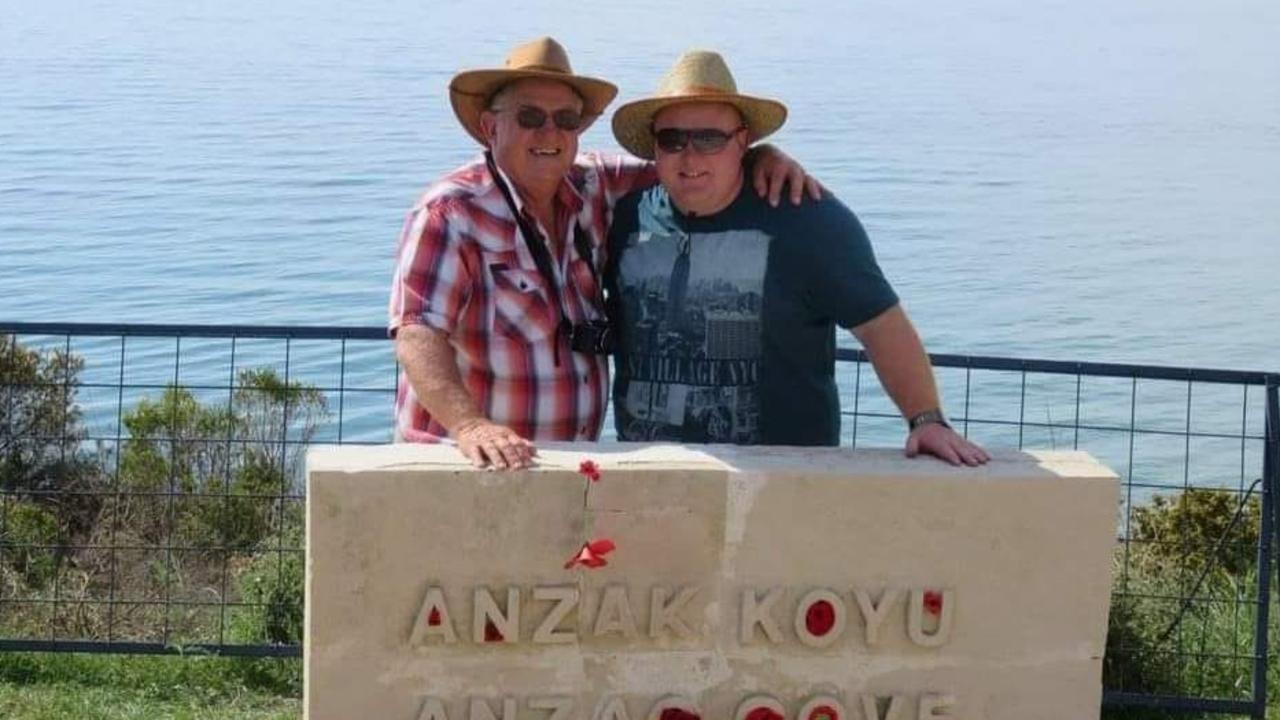
He has spent recent years championing better mental health practices among young Australians through his highly popular podcast, True Blue Conversations.
He said the 2014 worksite culture was not one of opening up about tough feelings, and 10 years of improvement in the space has not necessarily addressed all issues.
“It was, you know, the old saying, ‘weak to speak’,” he said.
“I felt very isolated 10 years ago, like I couldn’t speak about it.
“There was a stigma around if you spoke up and especially in the construction industry, it was classed as weak.”
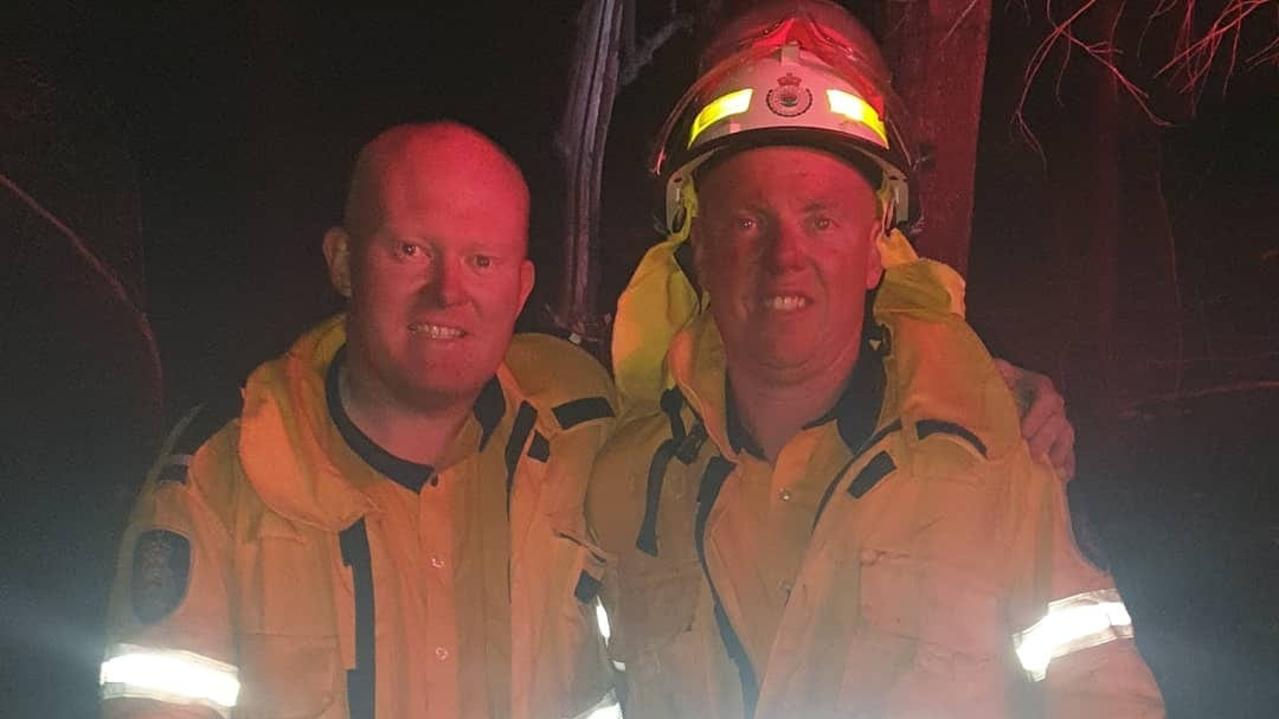
Adam believes stigma still exists among young men.
“It’s getting better, there’s still a long way to go today,” he said.
“Speaking up saved my life. If I didn’t speak up, I wouldn’t be here today, and I would be another statistic on the wall.
“I’m a suicide survivor. I’m at peace with that now.
“I actually wear it as a badge of honour
“By speaking up, that stigma can slowly be broken down.”
Adam’s recovery was driven by a good psychologist, exercise, daily journaling, meditation, podcasting, and even ice baths.
But he’s not a cut-and-paste method for anybody, he stresses, stating every recovery, no matter how it’s achieved, starts with speaking up.
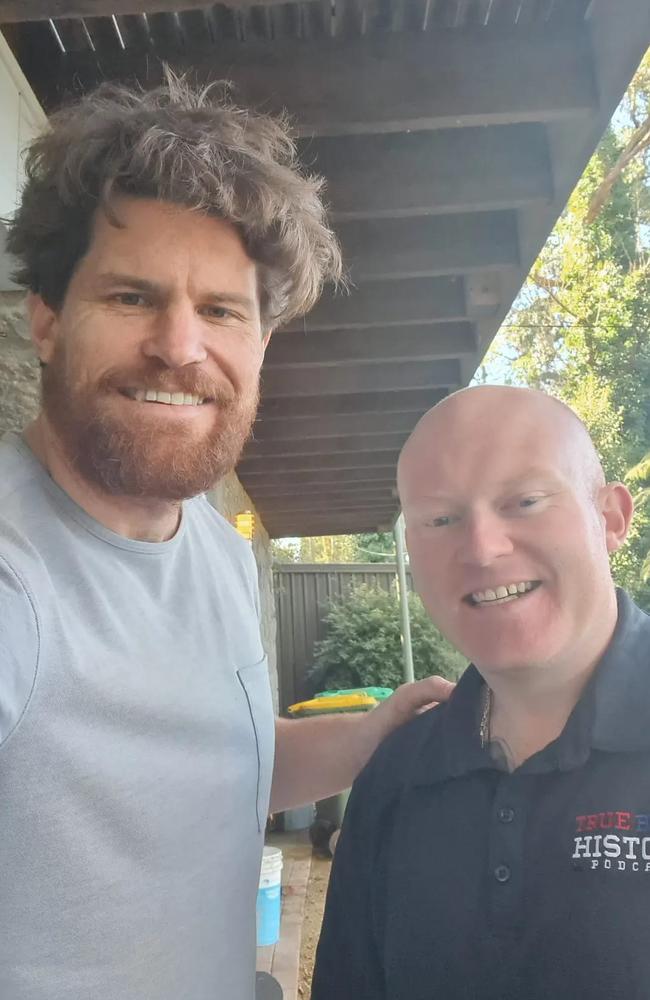
“Those are the things that I’ve used, but you find what works for you,” he said.
“It’s actually a sign of strength to speak up. You can be proud of coming forward to speak up and know that you’re not going to be laughed at or looked down upon because you put your hand up and said, ‘hey, I’m not okay’.”
He said over the course of his lifetime, sources of his poor mental health never lasted, though that’s hindsight he admits he’s lucky to have.
“I look back on those years in my teens and mid-to-late 20s as a really hard and really confusing time,” he said.
“I found that when I hit 30 things, the things that I worried about in my teens and early and mid-20s don’t worry me anymore, like they used to.
“Hindsight is a wonderful thing.”
Contemporary issues, like the current cost of living crisis, continue to wreak havoc on the mental health of young Australians, Adam believes.
“Stresses aren’t just social, mate, it’s everything. It’s work, it’s life, it’s trying to balance paying bills, trying to keep a roof over your head, trying to eat like that,” he said.
“A lot of people are struggling, and they’re making decisions that normally they wouldn’t have to make – and at what toll to your mental health?”
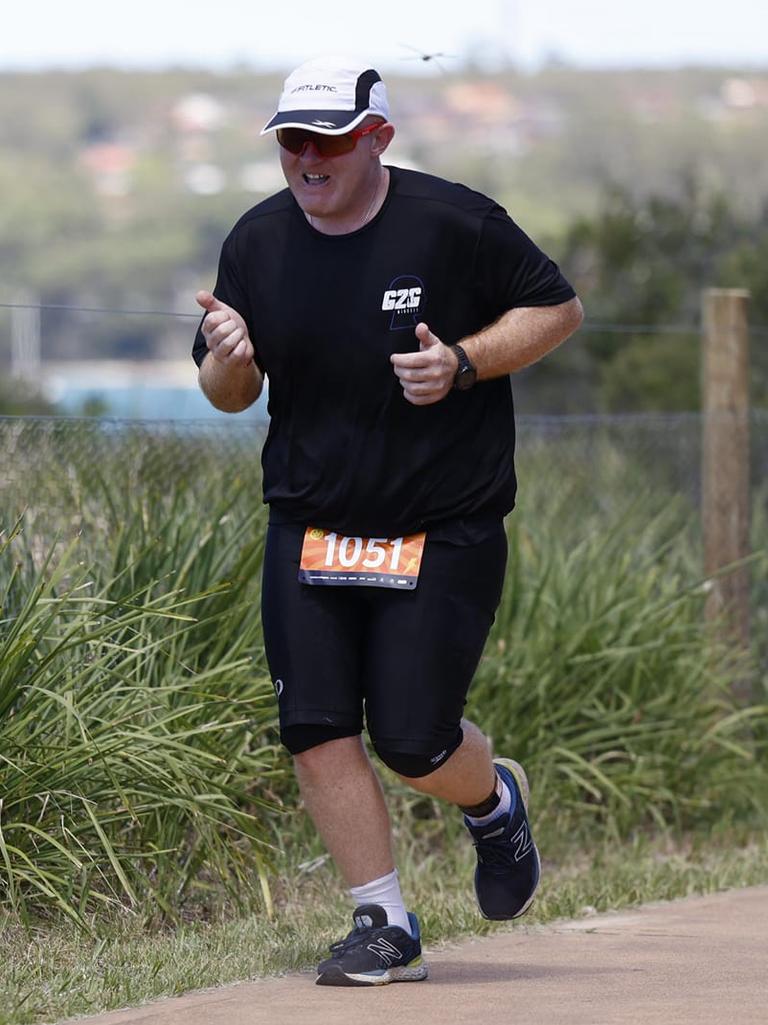
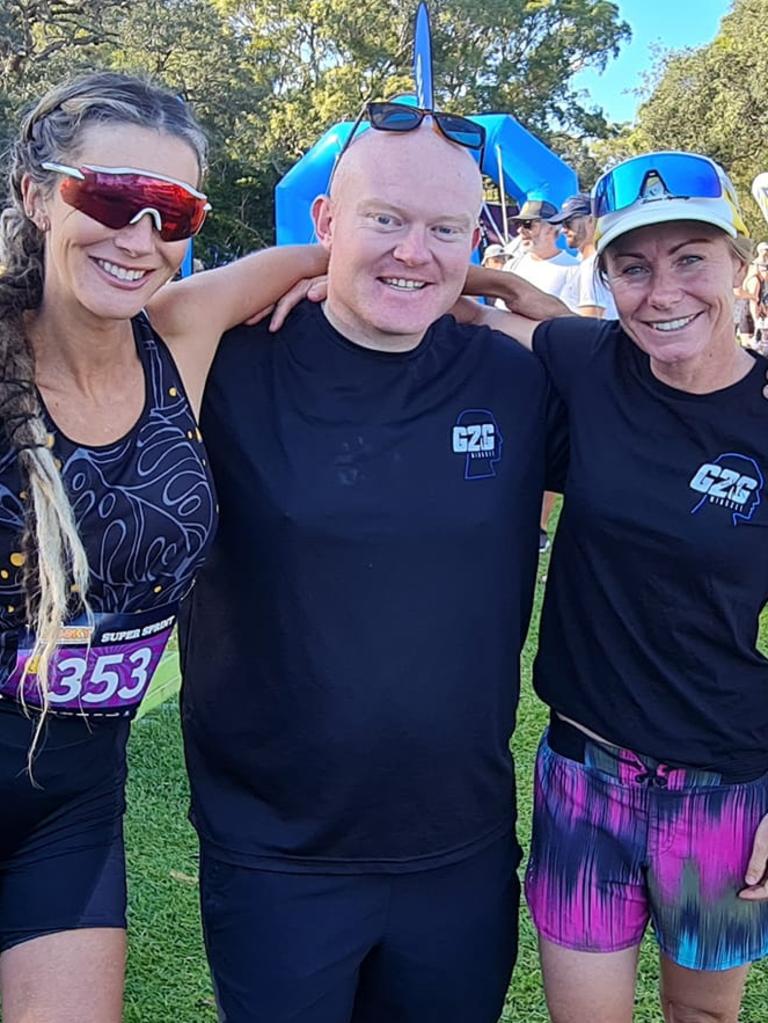
Sadly, his concerns are backed by solid data.
The latest quarterly Suicide Prevention Australia Community Tracker reveals that cost-of-living distress has become the primary economic and social concern for Australians, doubling all other issues for the first time.
Particularly concerning is the significant increase in distress among full-time workers and families with children under 18.
Suicide Prevention Australia CEO, Nieves Murray, urgently called for Australians facing financial and mental strain to seek help early, as living costs continue to rise while household income declines.
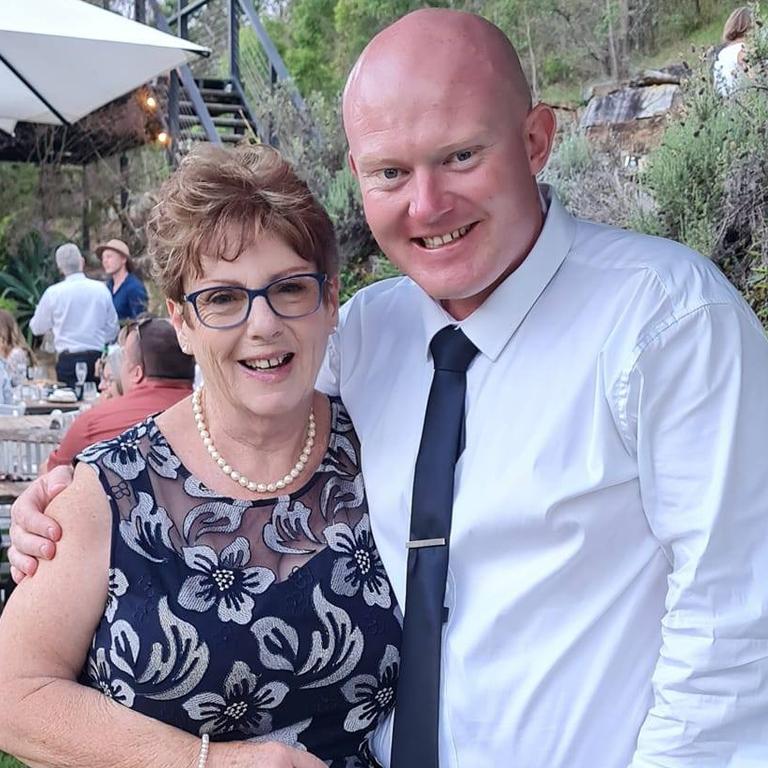
“The silver lining is that about two-thirds of those Australians experiencing suicidal behaviours alongside elevated cost-of-living and personal debt distress are seeking help from a suicide prevention service,” she said.
“Our concern is that there’s another one-in-three, or potentially hundreds of thousands of Australians in distress that aren’t seeking help.”
Despite a softening in inflation and interest rates, cost-of-living distress remains high, posing a risk for increased suicide rates in the future.
Adam emphasised: “We can’t pass the buck any more, there’s more that needs to be done in this space.”
“We’ve made inroads but there’s still a long, long way to go,” he said.






